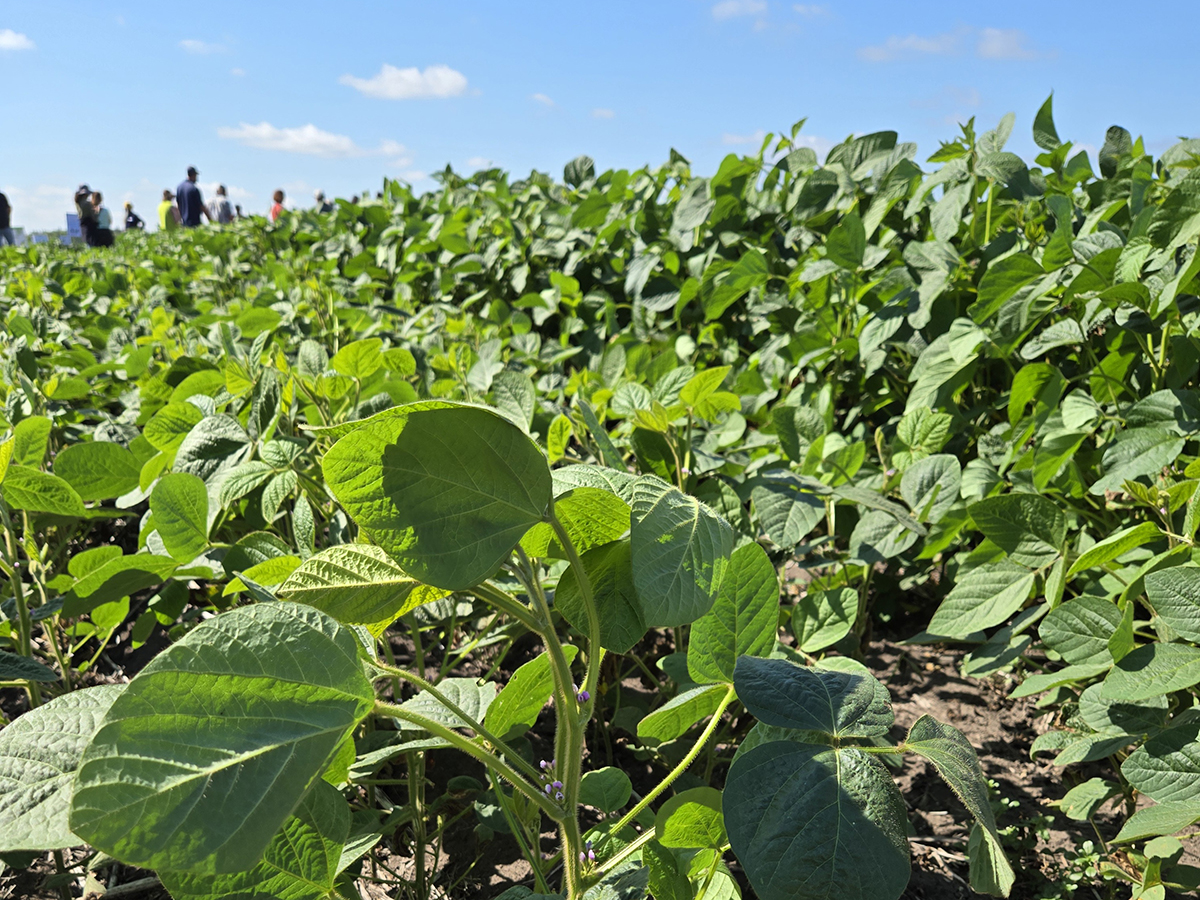Ruth Mealy is brimming with anticipation as the clock ticks toward the day when a report is released detailing how small farms have not only survived, but thrived, in southwestern Manitoba.
The results in that document will be based on interviews with 25 farm families in the region that found success without pursuing large-scale production. Most of the interviews are complete.
“There have been some really interesting stories from successful, hard-working people,” said Mealy.
She is the economic development officer for the Turtle Mountain Economic Development Corp., which serves the town of Boissevain and the rural municipalities of Morton and Whitewater.
Read Also

Spider mites big soybean problem this season
Spider mite issues have been geographically limited but significant where they occur, said John Gavloski, an entomologist with Manitoba Agriculture.
The idea of studying successes of smaller farms was put forward a couple of years ago by two area farmers, David Rourke and David Neufeld. A committee was struck under the economic development corporation.
Mealy admits that until recently, she was doubtful about finding many success stories among small farms.
That uncertainty has since been erased. She seems confident the information shared by the participating producers should prove valuable, partly as an inspiration to those who are thinking about starting a farm as well as those who want to scale back their operations while still earning a good living.
Scott Day, an area farmer and provincial agricultural representative, thinks the information gathered could give rise to a new movement that encourages smaller farms. He is among those on the committee exploring how 25 such farms have succeeded.
What impressed him most was the willingness of farmers to participate. They even shared financial records that help demonstrate what they have done to succeed.
The findings will be released this fall to as broad an audience as possible, Mealy said.
The names of the farmers will not accompany the stories. However, the details they shared are expected to prove useful to other farmers wondering how to succeed with a less than average production base.
“These people all seem to love farming,” Day said. “They love the lifestyle. They love the occupation. They’re very positive on it.”
The experiences of the participating farmers were wide ranging, as were their choices for keeping their farms viable. In most cases, they strived for lower cost production methods, finding ways to control crop inputs and machinery expenses. They were not caught up in having the most current or largest equipment, Day said.
“Most of them have been fine tuning the management on this size of an operation for quite a while. We have identified some that downsized their operations and are more successful than they were before.”














